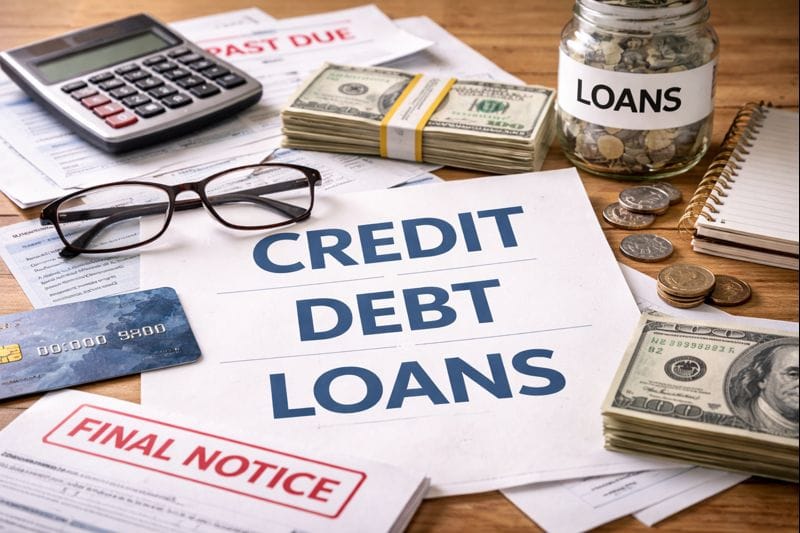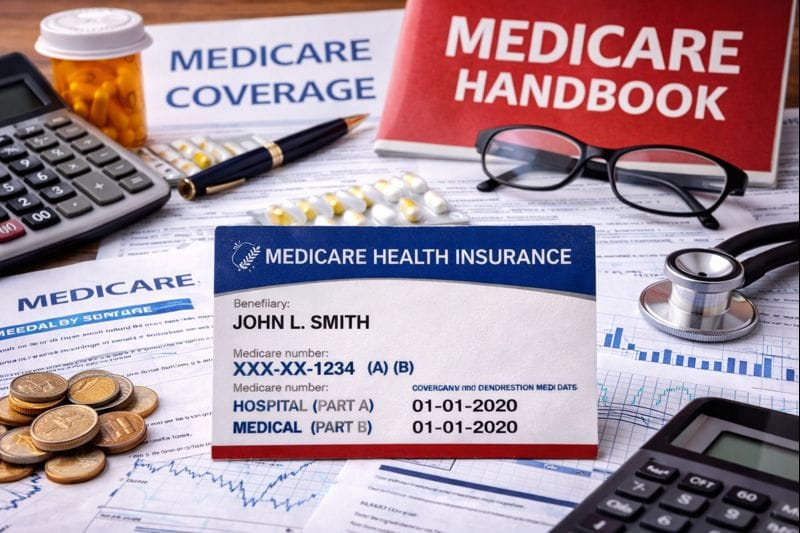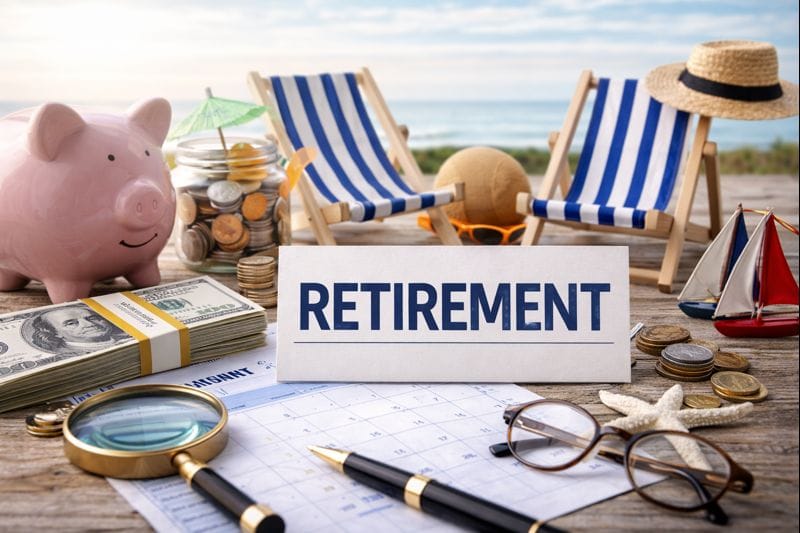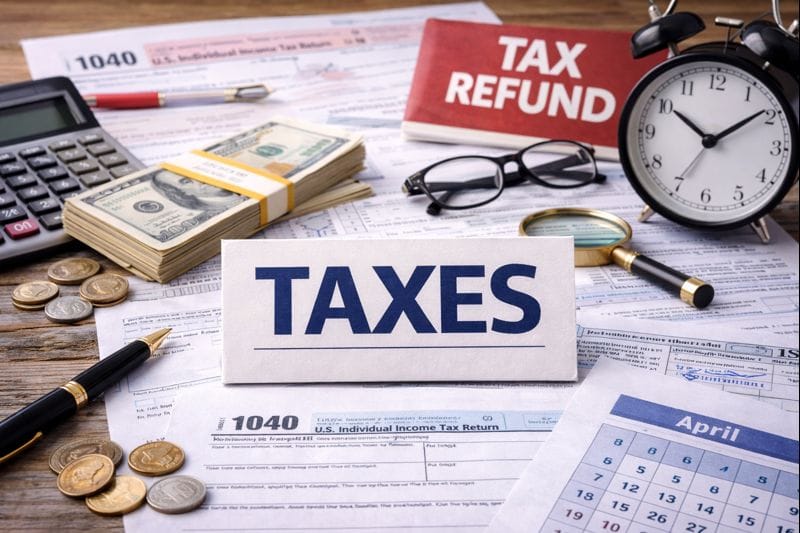Browse Our Blog Articles By Topic
From this page, you can view our blog by topic using the links below.
Good Stuff On Our Website
Stout Bowman regularly posts important and interesting information on our blog. Current topics include credit/debit/loans, estate planning, insurance, investing, Medicare, retirement, Social Security and taxes, as well as general information that we think you might find of interest. You can browse our blog by topic here.
We have been publishing an email newsletter for our clients and friends since 2016. Links to all of the newsletters can be found on our newsletter page, with the most recent listed first. We try to keep our emails short, so there are typically only three articles in each one, most of which link to other articles in the financial and mainstream press. Take a look at our newsletter archive page.
We also have a page on our site for the latest news about our company, notice of any upcoming events, and a market commentary to discuss what our advisors and other financial industry experts conclude about the previous investment performance and what we might expect the markets and the economy will do in the coming months. News and that market commentary can be found here.











 Stout Bowman regularly posts important and interesting information on our blog. Current topics include credit/debit/loans, estate planning, insurance, investing, Medicare, retirement, Social Security and taxes, as well as general information that we think you might find of interest.
Stout Bowman regularly posts important and interesting information on our blog. Current topics include credit/debit/loans, estate planning, insurance, investing, Medicare, retirement, Social Security and taxes, as well as general information that we think you might find of interest.  We have been publishing an email newsletter for our clients and friends since 2016. Links to all of the newsletters can be found on our newsletter page, with the most recent listed first. We try to keep our emails short, so there are typically only three articles in each one, most of which link to other articles in the financial and mainstream press.
We have been publishing an email newsletter for our clients and friends since 2016. Links to all of the newsletters can be found on our newsletter page, with the most recent listed first. We try to keep our emails short, so there are typically only three articles in each one, most of which link to other articles in the financial and mainstream press.  We also have a page on our site for the latest news about our company, notice of any upcoming events, and a market commentary to discuss what our advisors and other financial industry experts conclude about the previous investment performance and what we might expect the markets and the economy will do in the coming months.
We also have a page on our site for the latest news about our company, notice of any upcoming events, and a market commentary to discuss what our advisors and other financial industry experts conclude about the previous investment performance and what we might expect the markets and the economy will do in the coming months.